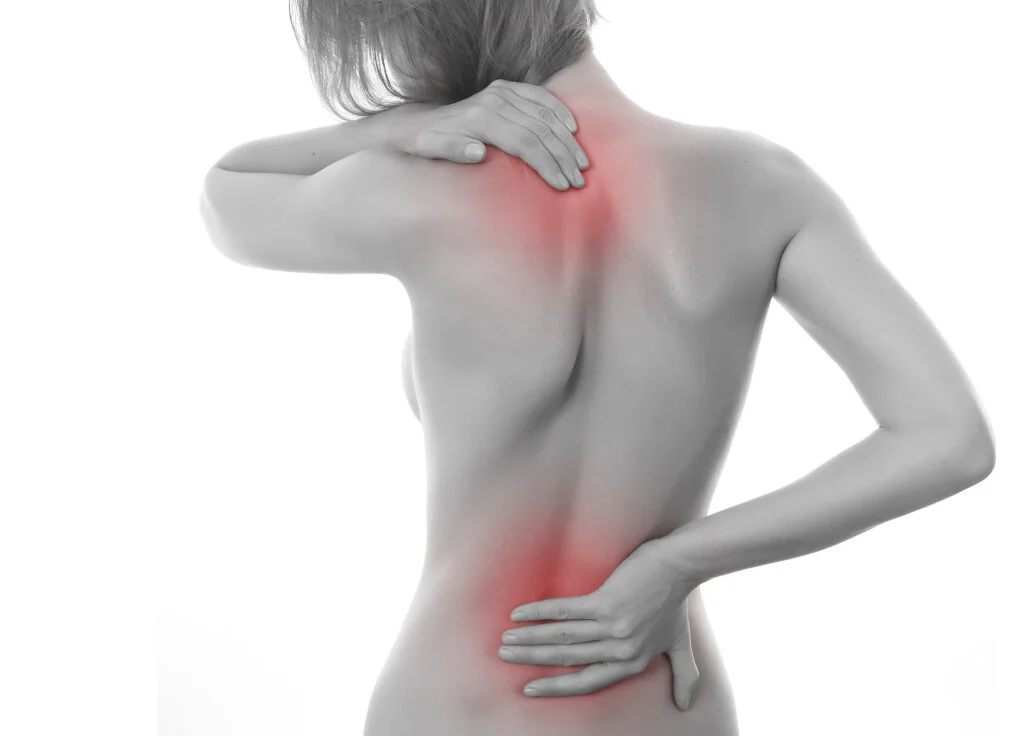How to resolve muscle stiffness
Tight, stiff muscles can arise as a result of vigorous exercise, or an underlying condition such as arthritis, as well as a nutrient deficiency. Let’s take a look at what specific nutrient deficiency is likely to cause muscle stiffness and how to help tackling stiffness in the body.
What deficiency causes muscle stiffness?
A deficiency in magnesium is most likely to cause muscle stiffness because this nutrient is needed to keep muscles flexible and moving efficiently, as well as relaxed. Therefore, low levels of magnesium in the body can cause the muscles to become stiff and tight, plus it may result in muscle cramps, twitches and spasms.
Is magnesium good for stiffness?
Magnesium is essential for the health of the muscles and it can be good for stiffness too.
Magnesium is, first and foremost, very important in keeping the muscles flexible and moving efficiently. This means one of the side effects of low magnesium levels is stiffness, as the muscles are more likely to become achy and tight.
Magnesium also helps to keep the muscles relaxed so, without enough of it, cramps, twitches and spasms in the muscles are common.
Which magnesium is best for tight muscles?
We can help to tackle magnesium deficiency and tight, stiff muscles by increasing our magnesium intake.
A deficiency in magnesium is common due to various factors. For some, it may be because their diet does not contain enough of this essential nutrient. Perhaps there's a reliance on processed foods that lack a range of nutrients, or perhaps it is simply the case that there isn't enough of an understanding about which foods contain magnesium.
Magnesium levels can also be depleted through sweat during exercise or strenuous activity (including DIY work, a long walk, run or dance). Therefore, we need to be sure to up our magnesium intake after any of these activities.
Foods containing magnesium include kale, spinach, pumpkin seeds, salmon, avocados, almonds, dark (over 70%) chocolate and more!
There are certain forms of magnesium that are thought to be more readily absorbed than others. For example, a pure magnesium citrate product may be preferable to magnesium oxide, as it is better absorbed. Magnesium gluconate is another favorable option to look out for.
How much magnesium should I take for stiff muscles?
If you are experiencing stiff, tight muscles and want to try a magnesium supplement, a daily dose of around 200-400mg is ideal. When the stiffness is caused by a particular condition, such as osteoarthritis, it is best to go with the upper end of this.
Another tip when taking a magnesium supplement for stiff muscles is to take it every day, rather than every few days. This will ensure your body gets a steady intake of the nutrient and its effects in easing stiff muscles will show up faster.
How do you get rid of body stiffness?
Although increasing your magnesium intake can be an important step in correcting a magnesium deficiency, thereby easing stiff muscles, there are other tactics that can be helpful too. So, here are a few additional tips on how to get rid of stiffness in the body:
Aim to drink 1.5 to 2 litres of plain still water per day – more if you are exercising strenuously
Drink nettle tea, add turmeric to your diet: a natural anti-inflammatory, on a regular basis
Check out some gentle exercises and stretching classes from our online library or join live our Active Stretch & Body Extensions & Splits
Avoid hammering the joints on the treadmill or during other vigorous activities such as running
Take care and stay healthy! Xoxo
Source: avogel.co.uk

